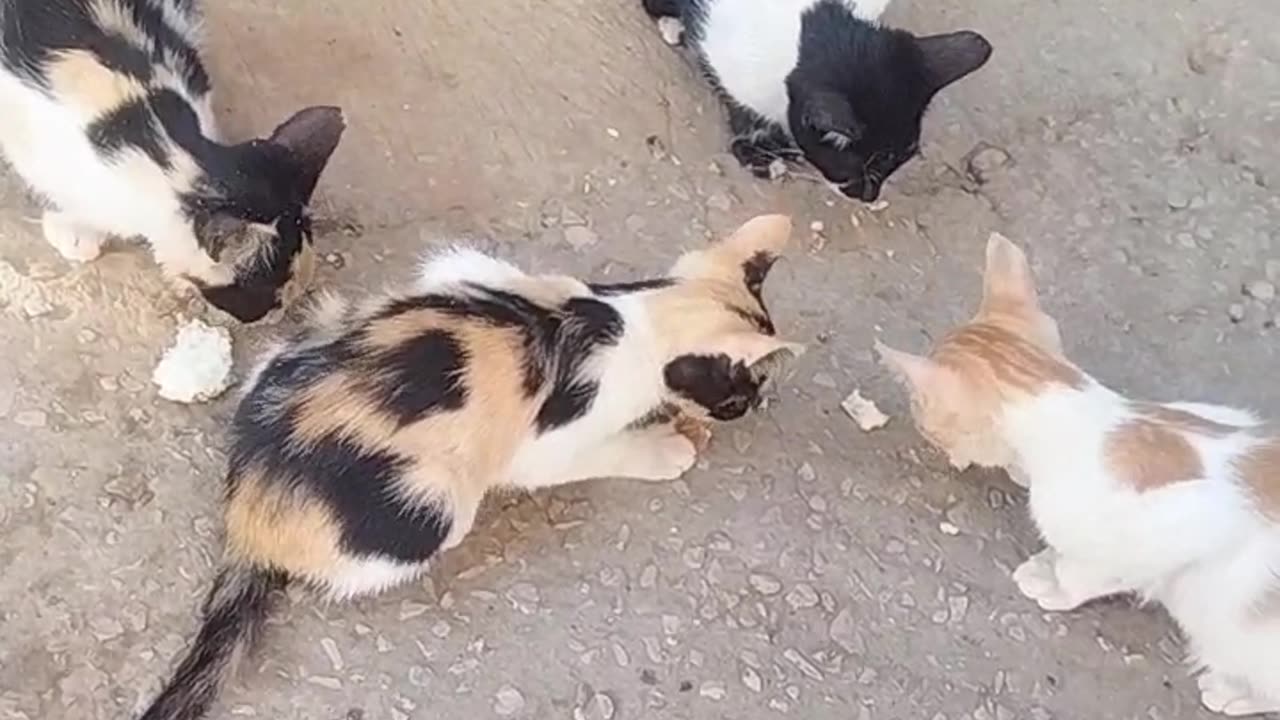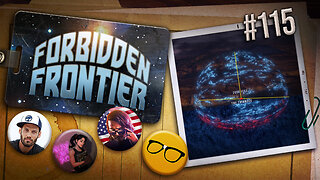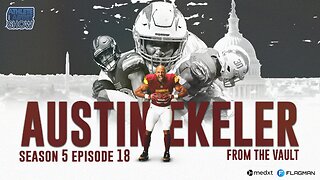Premium Only Content

Of course! Here is a comprehensive overview of what "cat eats," covering everything from their natural diet to common household foods.
The Short Answer
Cats are obligate carnivores. This means they must eat meat to survive and thrive. Their bodies are designed to get essential nutrients from animal tissue.
---
1. What Cats Should Eat: The Ideal Diet
A cat's diet should be high in protein, with moderate fat and minimal carbohydrates.
· Commercial Cat Food: This is the most common and convenient option. It's specially formulated to be nutritionally complete.
· Wet Food (Canned/Pouches): High moisture content (helps with hydration), usually high in protein, and often more palatable. It's generally considered better for urinary tract health.
· Dry Food (Kibble): Convenient, cost-effective, and can help clean teeth. However, it's low in moisture and often higher in carbohydrates.
· Best Practice: Many veterinarians recommend a combination of both, or primarily wet food.
· Raw or Cooked Meat: Some owners prepare their cat's food. This requires careful research to ensure it's nutritionally balanced with the right mix of meat, organs, bones, and supplements (like taurine, which is essential for cats). Consult a veterinarian before starting a homemade diet to avoid severe nutritional deficiencies.
· Occasional Treats:
· Commercial Cat Treats: Designed for feline nutrition.
· Plain Cooked Meat: Small pieces of cooked chicken, turkey, or beef (with no seasoning, bones, or fat).
· A Little Plain Cooked Fish: Like a tiny bit of salmon or tuna (packed in water, not oil). This should be a rare treat, not a staple.
2. What Cats Should NOT Eat: Dangerous Foods
Many human foods are toxic to cats. Never feed your cat:
· Onions, Garlic, Chives: Cause damage to red blood cells, leading to anemia.
· Chocolate: Contains theobromine, which is toxic to cats.
· Alcohol & Caffeine: Extremely dangerous, even in small amounts.
· Grapes & Raisins: Can cause sudden kidney failure.
· Xylitol: An artificial sweetener found in sugar-free gum and candy; it can cause a life-threatening drop in blood sugar and liver failure.
· Bones: Cooked bones can splinter and cause internal damage or choking.
· Raw Eggs & Raw Fish: Raw eggs can contain bacteria like Salmonella and an enzyme that interferes with B vitamin absorption. Raw fish contains an enzyme that destroys thiamine (another essential B vitamin), leading to neurological problems.
· Liver: In large quantities, it can cause Vitamin A toxicity.
· Milk & Dairy: Despite the popular image, most adult cats are lactose intolerant and cannot properly digest milk, which can lead to upset stomach and diarrhea.
3. Other Important Feeding Tips
· Water is Crucial: Always provide fresh, clean water. Cats often don't drink enough, which is why wet food is beneficial.
· Life Stage Matters: Kittens, adults, and senior cats have different nutritional needs. Feed a formula appropriate for their age.
· Obesity is a Common Problem: Measure your cat's food portions according to the package guidelines and your vet's advice. Free-feeding (leaving food out all day) can lead to overeating.
· Sudden Diet Changes: Can cause stomach upset. Always transition to a new food gradually over 7-10 days by mixing it with the old food.
---
Summary Table
Food Type ✅ Safe (in moderation) ❌ Dangerous / Toxic
Meat Cooked chicken, turkey, beef Raw meat, fatty scraps, bones
Fish Cooked salmon, tuna (as a treat) Raw fish, fish packed in oil
Dairy A lick of plain yogurt Milk, cheese (most cats are intolerant)
Vegetables Not necessary, but a bite of carrot Onions, garlic, chives
Fruits Not necessary Grapes, raisins
Other Commercial cat treats & food Chocolate, alcohol, caffeine, xylitol
The most important rule: When in doubt, don't feed it to them. Always consult your veterinarian for advice on the best diet for your specific cat.
-
 LIVE
LIVE
Sarah Westall
2 hours agoEnd of Aging, Hydrogen Bomb Research, Serial Killers & Violent Behavior, Bipolar Research w/Dr Walsh
206 watching -
 1:45:53
1:45:53
Nerdrotic
3 hours ago $5.23 earnedUnravelling the Secrets of Skinwalker Ranch | Forbidden Frontier #115
35.6K4 -
 LIVE
LIVE
SpartakusLIVE
6 hours agoMega SOLO Spartan Stream - 12 hours?! HA || Variety Later?!
3,028 watching -
 LIVE
LIVE
MattMorseTV
3 hours ago $8.38 earned🔴Sunday Gaming🔴
1,240 watching -
 41:56
41:56
Athlete & Artist Show
3 hours agoAustin Ekeler: Going From "0 Star Recruit" To Leading The NFL In TD's, New Fan App | FROM THE VAULT
2.1K1 -
 2:46:49
2:46:49
Barry Cunningham
8 hours agoNOW THEY FEAR US! | RFKJR STRIKES BACK | JD VANCE ON PRESIDENT TRUMP | AND MORE NEWS!
43.2K17 -
 LIVE
LIVE
Spartan
3 hours agoCharlotte Qualifier watch party + Ranked and Expedition 33
95 watching -
 6:09:54
6:09:54
bigbossrobinson
7 hours agoLIVE - DOUBLE IMPACT - RESIDENT EVIL 4 & METAL GEAR SOLID Δ: SNAKE EATER
12K -
 8:18
8:18
MattMorseTV
5 hours ago $5.15 earned2.2 MILLION in ONE YEAR.
26.7K112 -
 14:37
14:37
Colion Noir
8 hours agoCanadian Police Chief Urges Citizens To Comply With Home Invaders And Hide
64.2K83